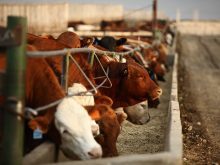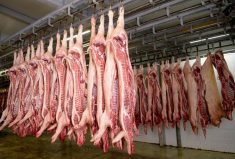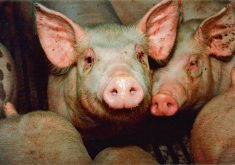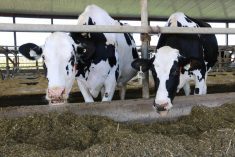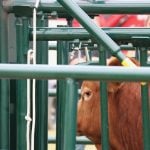(Resource News International) — The chairman of the Saskatchewan Slaughter Plant Initiative says the group is continuing efforts to move ahead with plans to build a 650,000-head per year hog slaughter plant in Saskatchewan and have it operational by this fall.
“We are at a critical stage in which some very detailed negotiations are currently taking place,” said Jim Ramsay, the project consultant for Fishing Lake First Nations, one partner in the SSPI. “As a result, I cannot go into any details at this time.”
Read Also
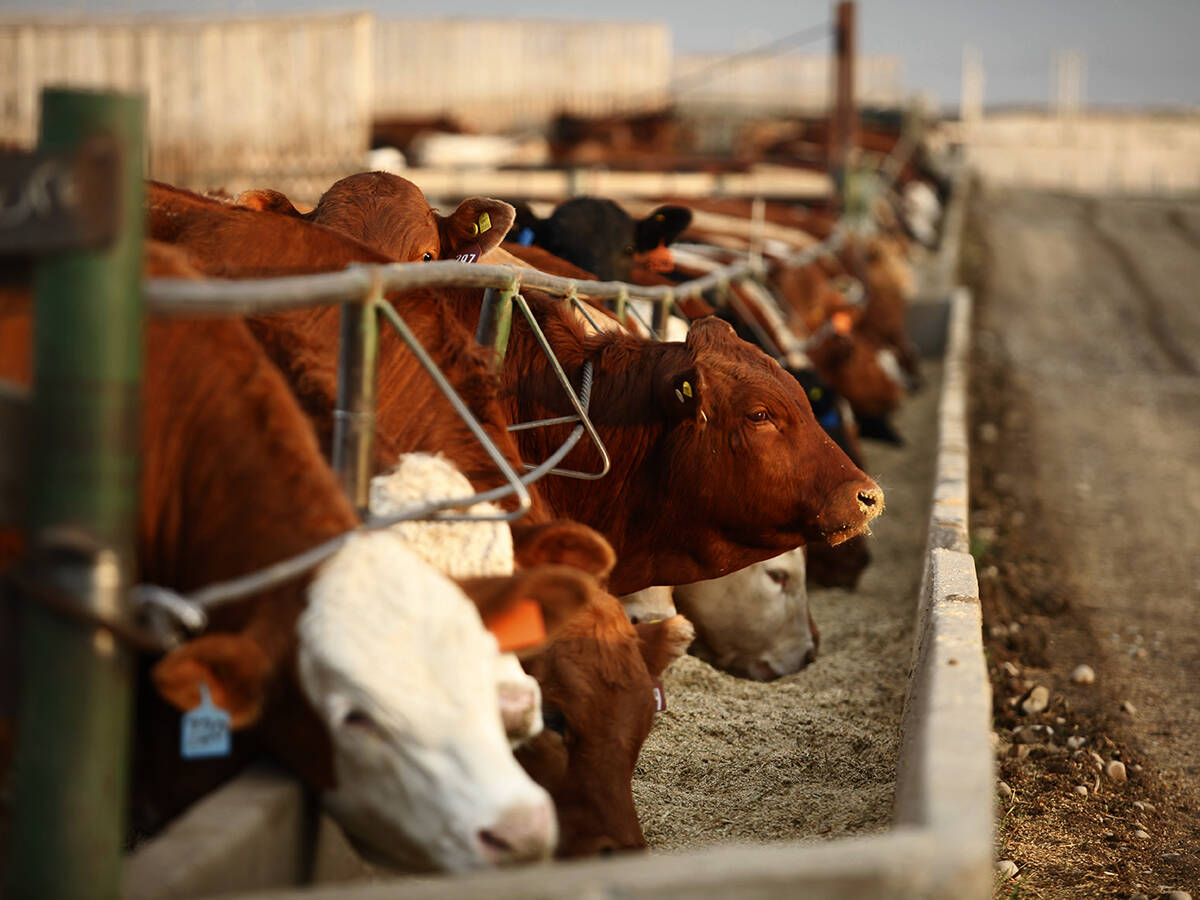
U.S. livestock: Cattle futures drop Friday
Cattle futures on the Chicago Mercantile Exchange fell from nearby highs Friday, with profit-taking to end the week weighing on…
Other partners include Big Sky Farms and the Saskatchewan Pork Development Board.
The project has advanced to the point in which the design of the plant is now under consideration, Ramsay said.
“We are looking at a building process that shortens the timeline,” Ramsay said. “We may have been set back on the construction startup time, but we don’t think we will be set back that much on the finishing of this project.”
The project had originally been expected to be up and running by this fall.
The delay in the construction of the plant has been from a financing standpoint, Ramsay said.
“Basically, cash in the hog sector for producers is extremely tight at present, so that definitely has had an impact,” he said. “However, it’s not a problem that we can’t overcome.”
The current delicate negotiation process was expected to take at least another four weeks, he said.
Ramsay said the plant would have an initial slaughter capacity of just under 650,000 head. However, he anticipated the plant, in time, would move to a double shift, increasing capacity closer to one million head per year.
SSPI’s creation was tied to the decision by Maple Leaf Foods to close its Saskatoon pork processing plant in 2008. The closure of the facility essentially left hog producers with no place to process hogs in the province.
Hog producers in Saskatchewan have instead been trucking hogs to processing facilities in Manitoba, Alberta and the U.S.




